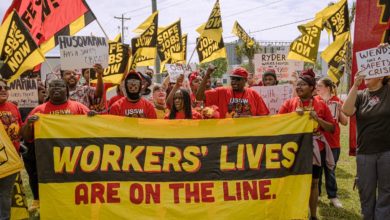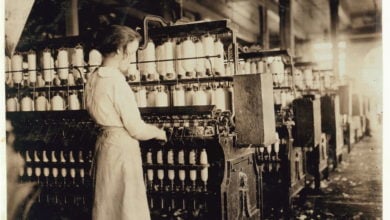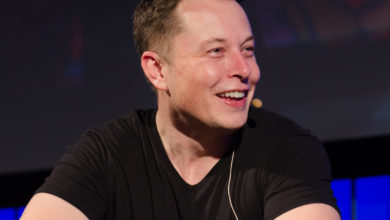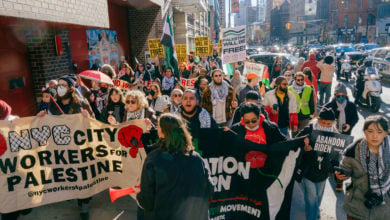Many
were ecstatic in 2006 when Dr. Muhammad Yunus was awarded the Nobel Peace Prize
for his work to promote economic and social development in oppressed countries
through small loans—microloans—made to individuals to start small businesses.
 |
The
idea was that the loans would enable the recipients to become entrepreneurs and
lift themselves out of poverty. Well-meaning people could give microloans and
get the money back, which could be loaned again to someone else and so on. The
vision was of a sort of “kind capitalism.”
Hollywood
celebrities jumped on board to promote the idea of microloans as the way to
lift the world’s poor out of poverty. A new finance industry was born, one with
what the New York Times deemed a “saintly aura.”
Then,
corporate banks realized they could capitalize on this new industry. “Generous”
capitalists proved to be loan shark capitalists and started charging astronomical
interest rates for microloans, which are typically given to individuals living
in extreme poverty.
Some
of the highest interest rates in the microfinance industry are found in Nigeria
and Mexico. The average interest rate for a microloan in Mexico is 70 percent,
with some companies charging as much as 125 percent.
Microfinance
is highly profitable. CARE, an Atlanta-based
charity, started a microfinance company in Peru in 1997. The initial investment
was around $3.5 million, including $450,000 of taxpayer money. Last year, one
of Peru’s largest banks, Banco de Credito, bought the company for $96 million.
The
microfinance industry has over $60 billion in assets. At present, banks and
finance firms are lenders to 60 percent of all microloan clients.
Nongovernmental organizations make loans to 35 percent of clients, and credit
unions and rural banks only serve 5 percent of those seeking microloans.
Dr.
Yunus, the father of microfinance, is appalled. “We created microcredit to
fight the loan sharks; we didn’t create microcredit to encourage new loan
sharks,” Dr. Yunus recently said to financial officials at the United Nations.
“Microcredit should be seen as an opportunity to help people get out of poverty
in a business way, but not as an opportunity to make money out of poor people.”
Dr. Yunus has a doctorate in economics.
However, he does not seem to understand the basics of capitalism. Capitalism is
inherently exploitative and always strives to maximize profits. It cannot be
reformed into a “kinder, gentler” system. It must be destroyed and replaced by
socialism, a system that places human needs first.






